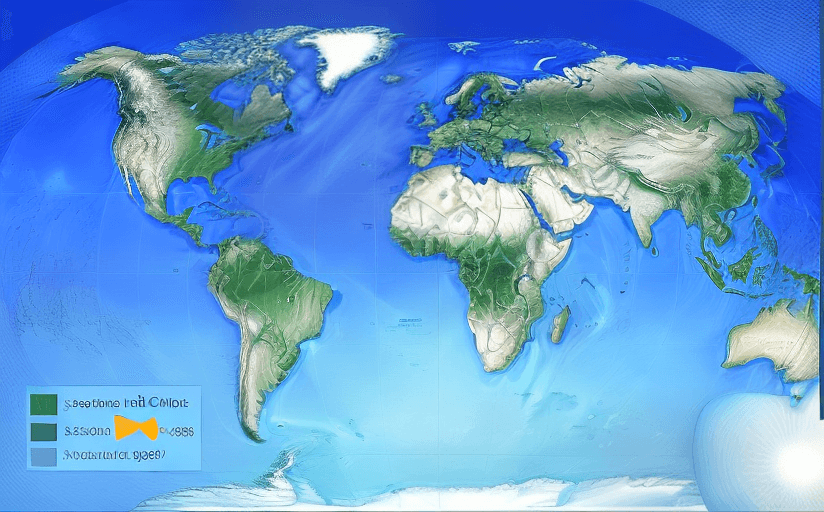The Economic Impacts of Climate Change
As global temperatures rise, the economic impacts of climate change are becoming increasingly apparent. Climate change has caused direct and indirect costs to the global economy, including rising sea levels, increased natural disasters, and decreased agricultural productivity.
Direct Costs of Climate Change
The direct costs of climate change are those that are directly attributable to global warming. These include the costs of repairing damage caused by natural disasters, such as flooding and hurricanes, as well as the costs of adapting infrastructure to a changing climate. Additionally, extreme weather events, such as heat waves, can have a direct economic impact on businesses, as they can disrupt the production and delivery of goods and services.
Indirect Costs of Climate Change
The indirect costs of climate change are those that are less directly attributable to global warming, but still have a significant economic impact. These include the costs associated with the loss of biodiversity, such as the loss of habitats and species, as well as the costs associated with air and water pollution. Additionally, rising sea levels can lead to increased coastal erosion, which can result in property damage and the displacement of communities.
Economic Benefits of Taking Action on Climate Change
Taking action on climate change can have significant economic benefits. Investing in renewable energy sources, such as solar and wind energy, can create jobs and generate revenue for businesses. Additionally, investments in energy efficiency technologies can help businesses and households reduce their energy costs. Furthermore, investing in adaptation strategies, such as coastal protection and flood control, can help to reduce the economic impacts of natural disasters.
Potential for Economic Disruption if No Steps are Taken to Address Climate Change
If no steps are taken to address climate change, the potential for economic disruption is significant. Climate change can lead to decreased agricultural productivity, reduced water availability, and increased costs associated with natural disasters. Additionally, the displacement of communities due to rising sea levels can lead to economic disruption, as businesses and households are forced to relocate. Without action, these economic impacts will only become more severe in the future.
Conclusion
Climate change is having a significant economic impact on the global economy, and the potential for economic disruption is significant if no steps are taken to address it. Taking action on climate change can help to reduce the direct and indirect costs associated with it, as well as create economic opportunities through investments in renewable energy and energy efficiency technologies. By taking steps to address climate change, we can ensure a more prosperous future for ourselves and future generations.


















Comments
Leave a Comment